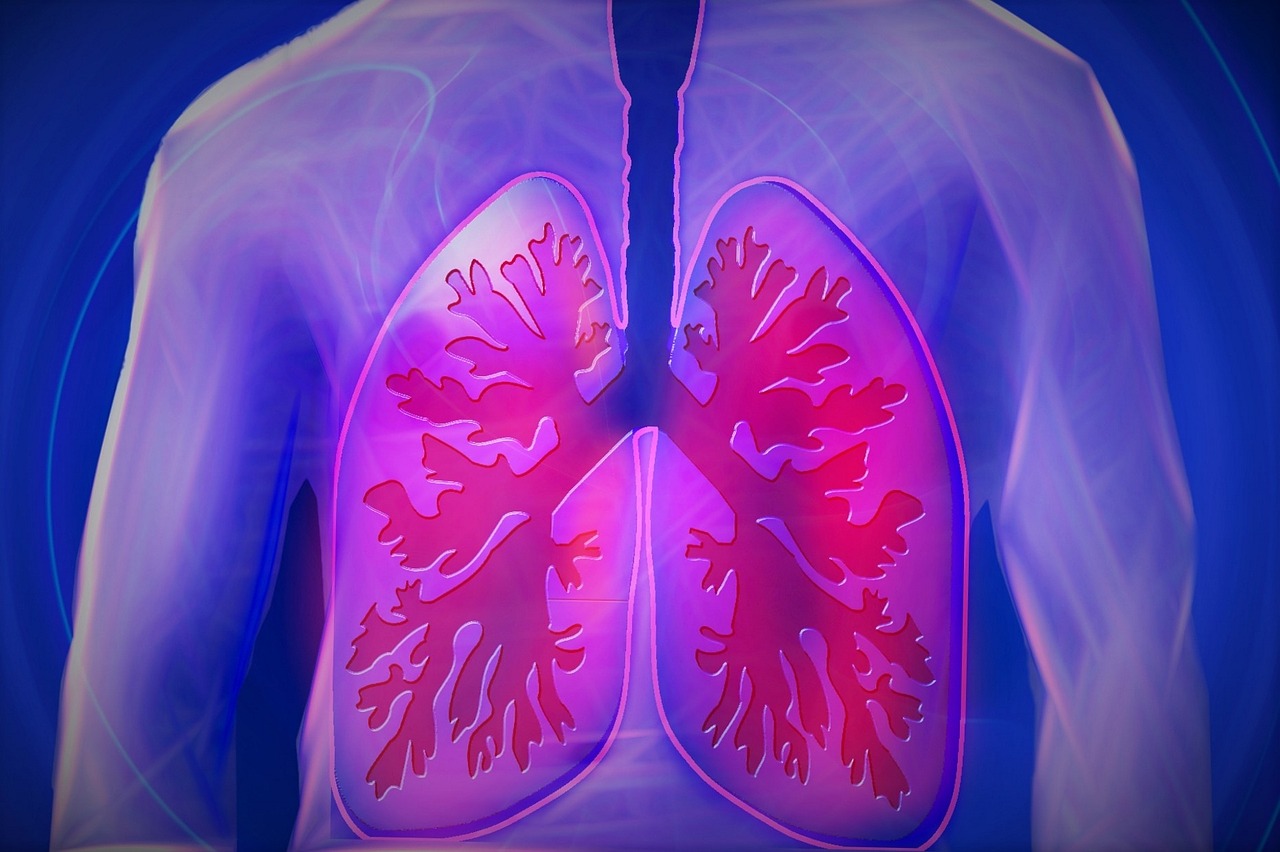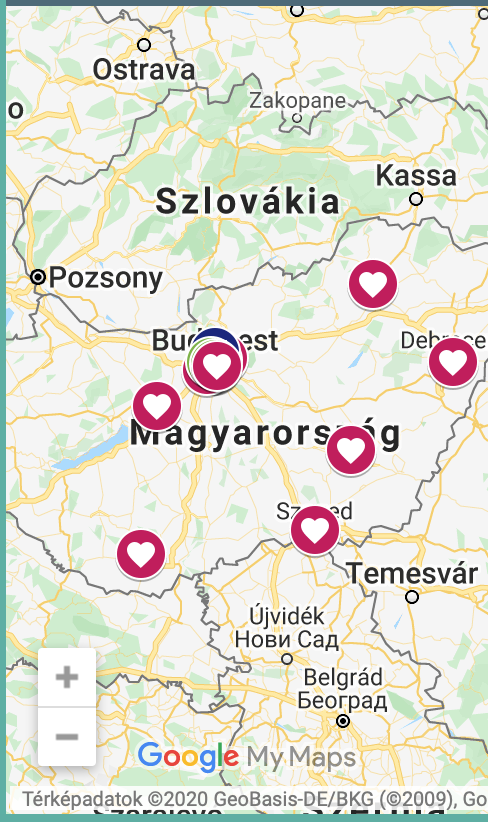The lungs also have their own bacteria, support them!
Very intensive research on the microorganisms that live with us has revealed in the last decade that there are many microorganisms in the airways, including the lungs.
Bacteria constantly enter the lungs of healthy people from the outside world through the mouth, but these can rarely cause disease in the case of a weakened immune system. However, no special types of bacteria have been found that live only in the lungs and do not occur in the mouth and esophagus.
Based on the results, it is easy to see that some of the bacteria ingested through the mouth also reach our lungs. If we consume a product that contains a beneficial microorganism community, they can also have a beneficial effect on bacteria living in the lungs. Emóció 7.84 is a product like that, by consuming which we can strengthen our immune system and the bacterial line of our lungs.
The lungs, with their branches, are the largest interface between the human body and the outside world. The surface of the lower respiratory tract is extended by approx. 100 square meters, 30 times the surface area of the skin and twice the area of the intestinal wall.
During inhalation, bacteria regularly enter the lungs from the outside world with tiny drops of saliva. The species composition of the bacteria detected in the lungs does not correspond to the flora in the esophagus but rather in the mouth. Bacteria that enter small amounts continuously during respiration rarely cause disease with an intact immune system.
A healthy lung is like an island whose population is determined by the balance between immigration and emigration, said Robert Dickson, a researcher at the University of Michigan who studied the bacteria found in the lungs. If this balance is upset, certain microbes can settle in the lungs for extended periods of time, increasing the risk of lung infection or other lung disease.
Thus, we have a well-founded belief that by consuming Emóció 7.84, we can positively influence the species composition of microorganisms in the lungs.






